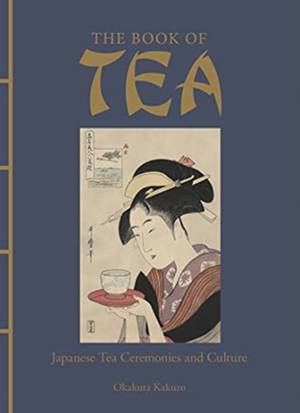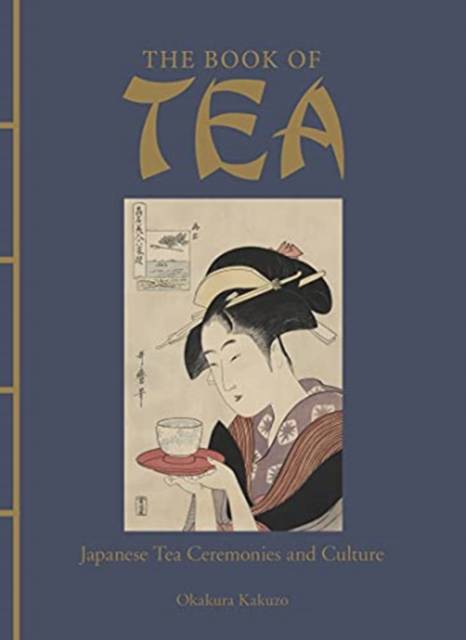
- Afhalen na 1 uur in een winkel met voorraad
- Gratis thuislevering in België vanaf € 30
- Ruim aanbod met 7 miljoen producten
- Afhalen na 1 uur in een winkel met voorraad
- Gratis thuislevering in België vanaf € 30
- Ruim aanbod met 7 miljoen producten
Zoeken
€ 27,95
+ 55 punten
Omschrijving
The Book of Tea, written in English in 1906 for a Western audience, celebrates the secular art of the Japanese tea ceremony and linking its importance with Zen Buddhism and Taoism. Covering cultural life, aesthetics and philosophy, this is an exquisitely produced edition using traditional Chinese bookbinding techniques.
Specificaties
Betrokkenen
- Auteur(s):
- Uitgeverij:
Inhoud
- Aantal bladzijden:
- 96
- Reeks:
Eigenschappen
- Productcode (EAN):
- 9781838861094
- Verschijningsdatum:
- 14/10/2021
- Uitvoering:
- Hardcover
- Afmetingen:
- 266 mm x 198 mm
- Gewicht:
- 808 g

Alleen bij Standaard Boekhandel
+ 55 punten op je klantenkaart van Standaard Boekhandel
Beoordelingen
We publiceren alleen reviews die voldoen aan de voorwaarden voor reviews. Bekijk onze voorwaarden voor reviews.











